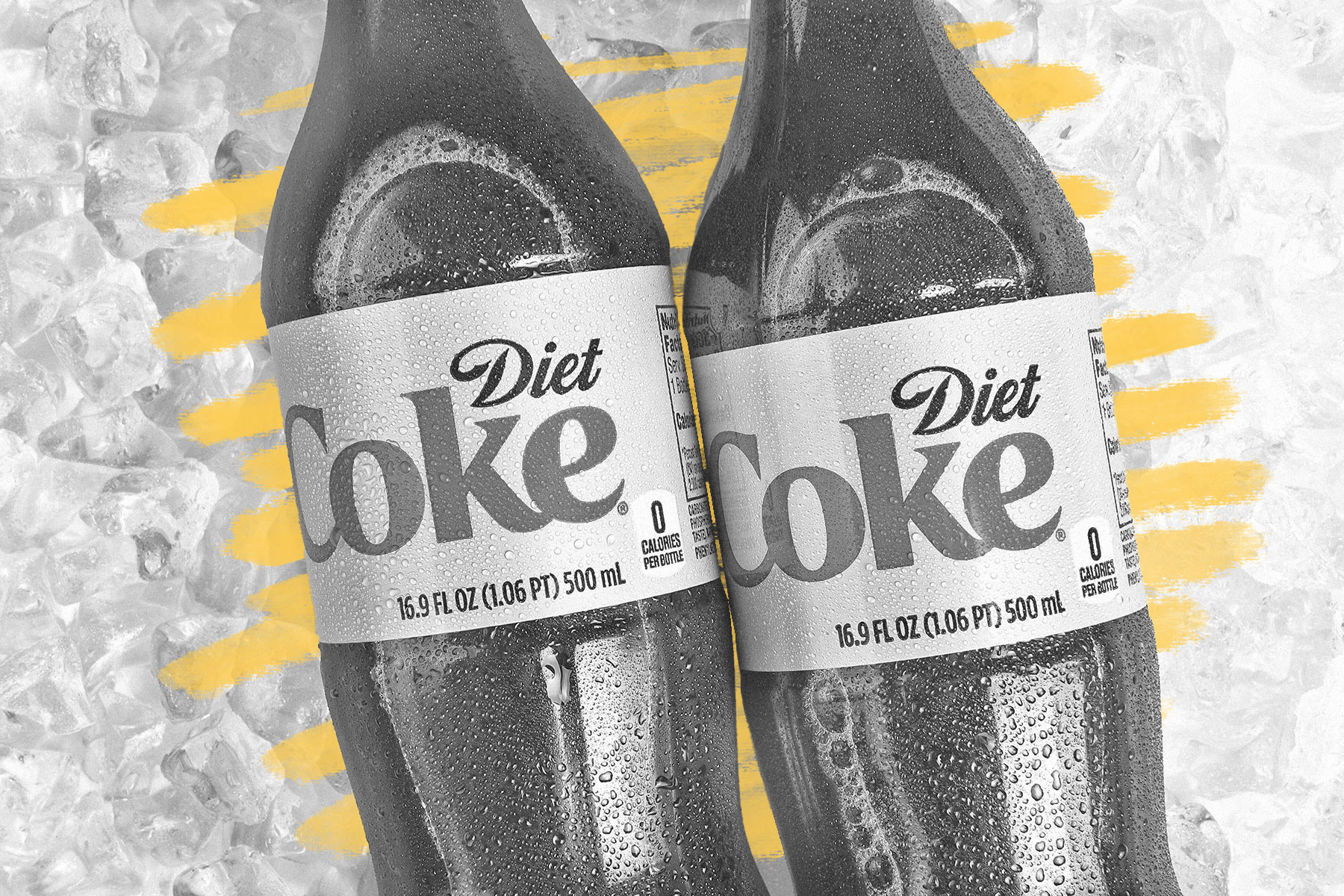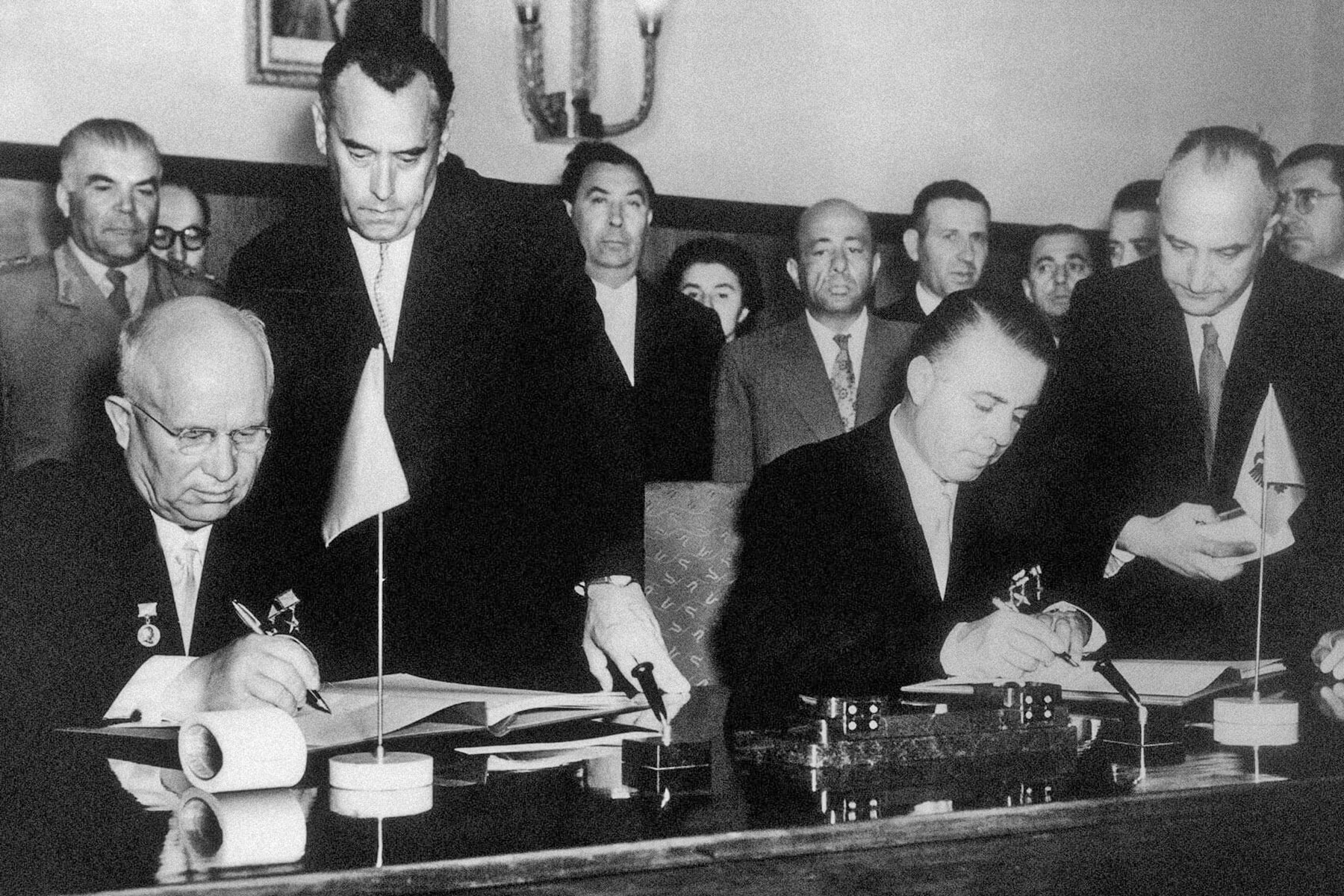 |
A woman named "Diot Coke" was born in the Middle Ages. |
World History |
 |
| |
| Though little is known about Diot — her hopes, her dreams, her beverage of choice — beyond the time and place (Yorkshire, England) in which she lived, plenty is known about the world's most popular diet soda. Introduced nearly two decades after the initial low-calorie Coca-Cola product, Tab, which first entered the marketplace in 1963, Diet Coke eschewed sugar in favor of artificial sweeteners and originally carried the slogan, "Just for the taste of it, Diet Coke!" Tab was discontinued in 2020 after 57 years of production, but sales figures suggest Diet Coke won't leave shelves anytime soon. | |
 | |
 | |||||||||
By the Numbers | |||||||||
| |||||||||
| |||||||||
 | |||||||||
| |||||||||
7Up used to have a much longer name. | |||||||||
| When it was first introduced just two weeks before the 1929 stock market crash, the soda now known as 7Up carried the much longer name of "Bib-Label Lithiated Lemon-Lime Soda." Part of that ungainly moniker was owed to the fact that it contained the mood-stabilizing substance lithium citrate, and was marketed as a means of lifting one's spirits and even curing hangovers. The name was shortened to "7 Up Lithiated Soda" before becoming simply "7Up" in 1936, and lithium was removed from the recipe in 1948 due to safety concerns. The origins of the 7Up name are still debated nearly a century later, and several theories have been proposed (and, usually, shot down): among them, that it originally contained seven ingredients, was sold in 7-ounce cans, and "Seven Up" has seven letters. As no official explanation has ever been given, the mystery lives on. | |||||||||
 | |||
Recommended Reading | |||
 | |||
| | |||
 | |||
| | |||
| + Load more | |||
| |||
| |||||||||
| Copyright © 2024 History Facts. All rights reserved. | |||||||||
| 700 N Colorado Blvd, #513, Denver, CO 80206 | |||||||||
|





No comments:
Post a Comment